by Mark Walker
Introduced and performed by Anita Best
“Tickle Cove Pond” was written by Mark Walker, a fisherman and songwriter who lived in Tickle Cove, Bonavista Bay in Newfoundland, Canada during the late 19th century. This song is prized locally for the beauty and wit of the lyrics, which turn a mundane event into an act of heroism. In addition, this song has been recorded by a St. John’s Traditional Folk group called Connemara, Anita Best and Sandy Morris on a CD entitled Some Songs, and by classical singer Meredith Hall. It was also recorded by the Vermont-based ensemble Nightingale.
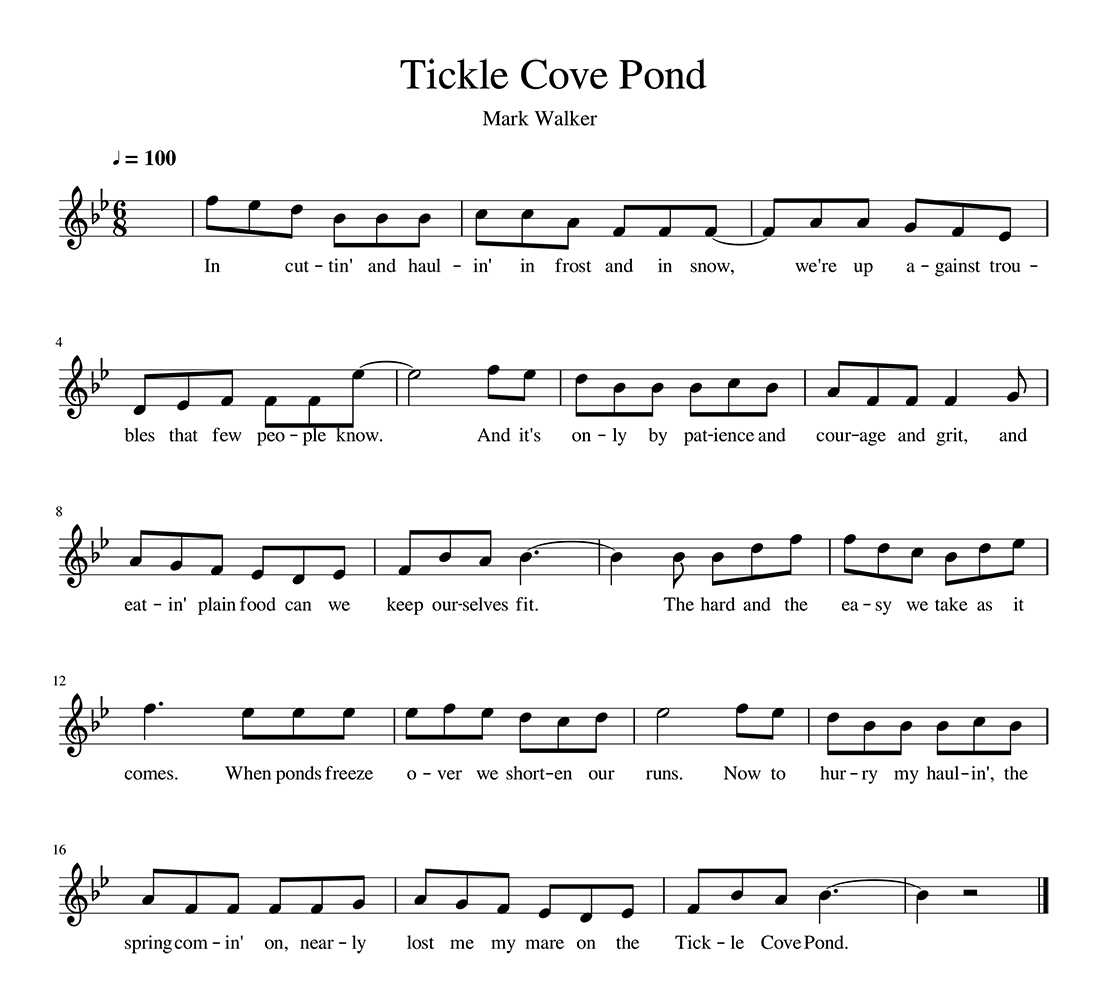
Lyrics:
In cuttin’ and haulin’ in frost and in snow
We’re up against troubles that few people know.
And only by patience with courage and grit
And eatin’ plain food can we keep ourselves fit.
The hard and the easy we take as it comes.
And when ponds freeze over we shorten our runs.
To hurry my hauling – the Spring coming on,
Near lost me my mare on Tickle Cove Pond.
I knew that the ice became weaker each day,
But still took the risk and kept hauling away.
One evening in April, bound home with a load,
The mare showed some halting against the ice road
And knew more than I did, as matters turned out,
And lucky for me had I joined in her doubt.
She turned ’round her head, and with tears in her eyes,
As if she were saying: “You’re risking our lives.”
All this I ignored with a whip-handle blow,
For man is too stupid dumb creatures to know.
The very next minute the pond gave a sigh,
And down to our necks went poor Kitty and I.
For if I had taken wise Kitty’s advice,
I never would take the short cut on the ice.
“Poor creature she’s dead and poor creature she’s gone;
I’ll never get my wood off the Tickle Cove Pond.”
I raised an alarm you could hear for a mile.
And neighbours turned up in a very short while.
You can always rely on the Oldfords and Whites
To render assistance in all your bad plights.
To help a poor neighbour is part of their lives;
The same I can say of their children and wives.
When the bowline was fastened around the mare’s breast
William White for a shanty song made a request.
There was no time for thinking, no time for delay.
So straight from my head came this song right away:
“Lay hold William Oldford, lay hold William White,
Lay hold of the cordage and pull all your might,
Lay hold of the bowline and pull all you can,
And give me a lift with poor Kit on the pond.”
Lay hold William Oldford, lay hold William White.
Lay hold of the hawser and pull all your might.
Lay hold to the bowline and pull all you can.”
And with that we brought Kit out of Tickle Cove Pond.
Anita Best was born in the country of Newfoundland, which became a part of Canada the following year. She was raised in a fishing family that was resettled in the mid 1960s by a government centralization program. She spent her teenage years in the capital, St. John’s. Initially, she became a high-school French teacher, but followed parallel careers as a singer, folklorist, archivist, broadcaster, and Parks Canada guide. She performs at festivals, house concerts, and other events all over the United States and Canada, with an occasional foray to the UK. She performs unaccompanied as well as with guitarist Sandy Morris, and also with musical partner Pamela Morgan. She has recorded several CDs of both traditional and contemporary Newfoundland-based songs.

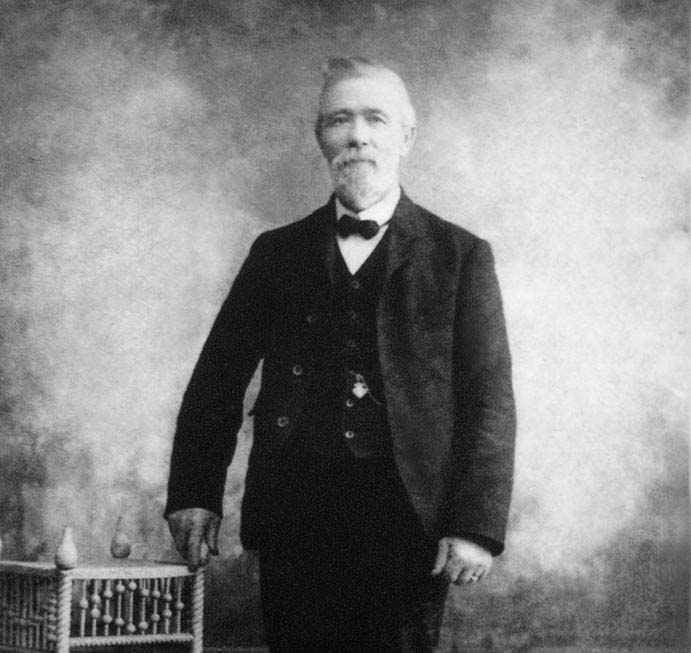
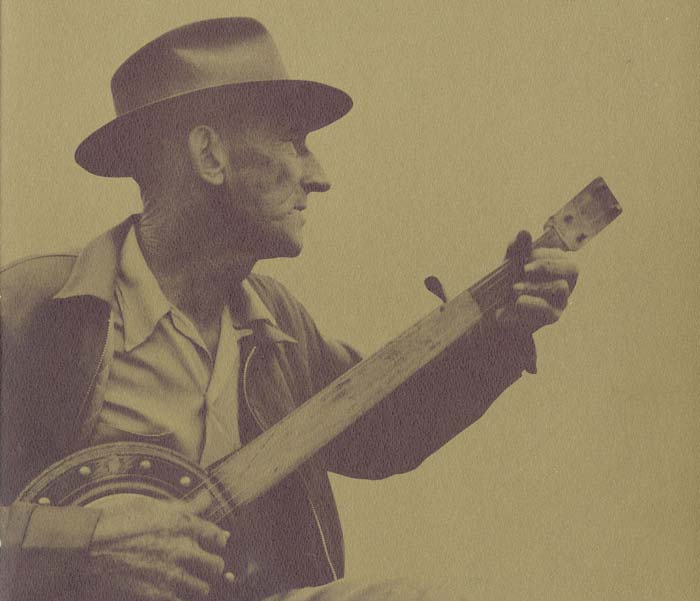
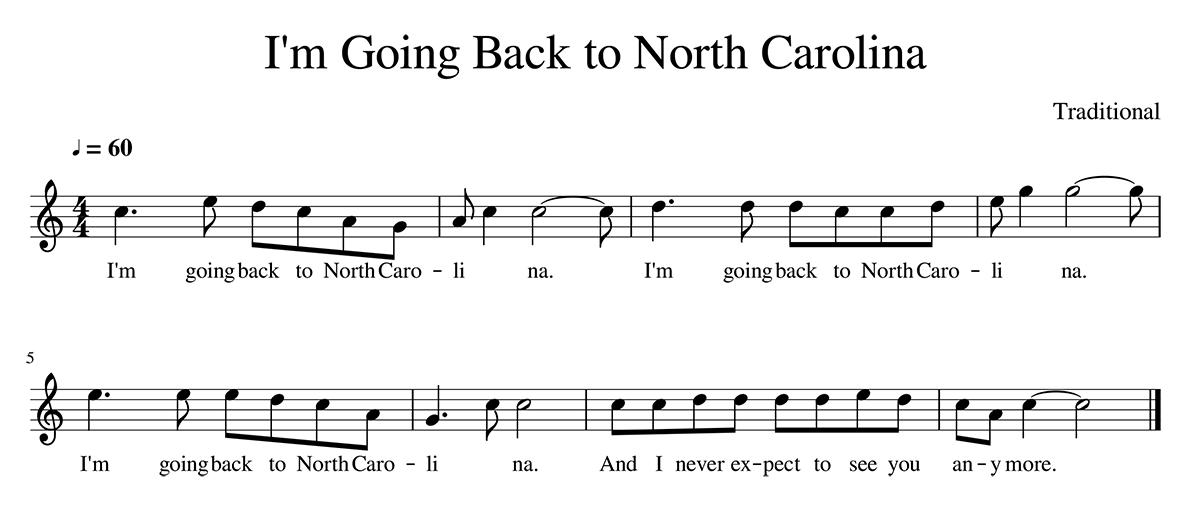
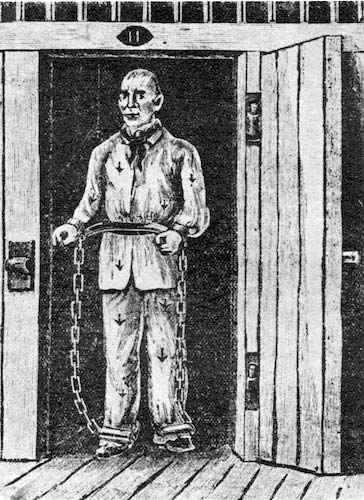

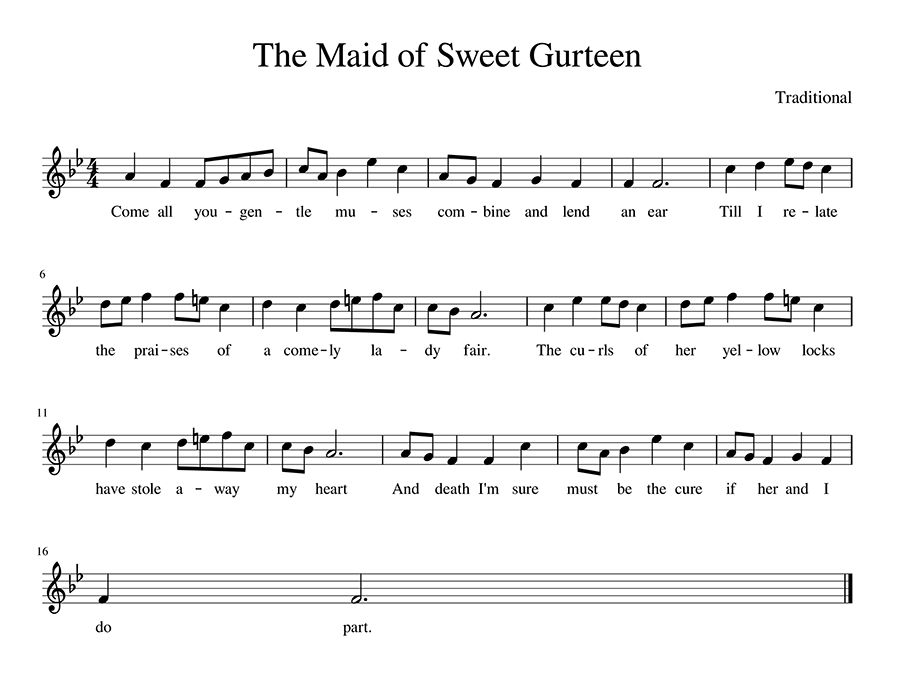
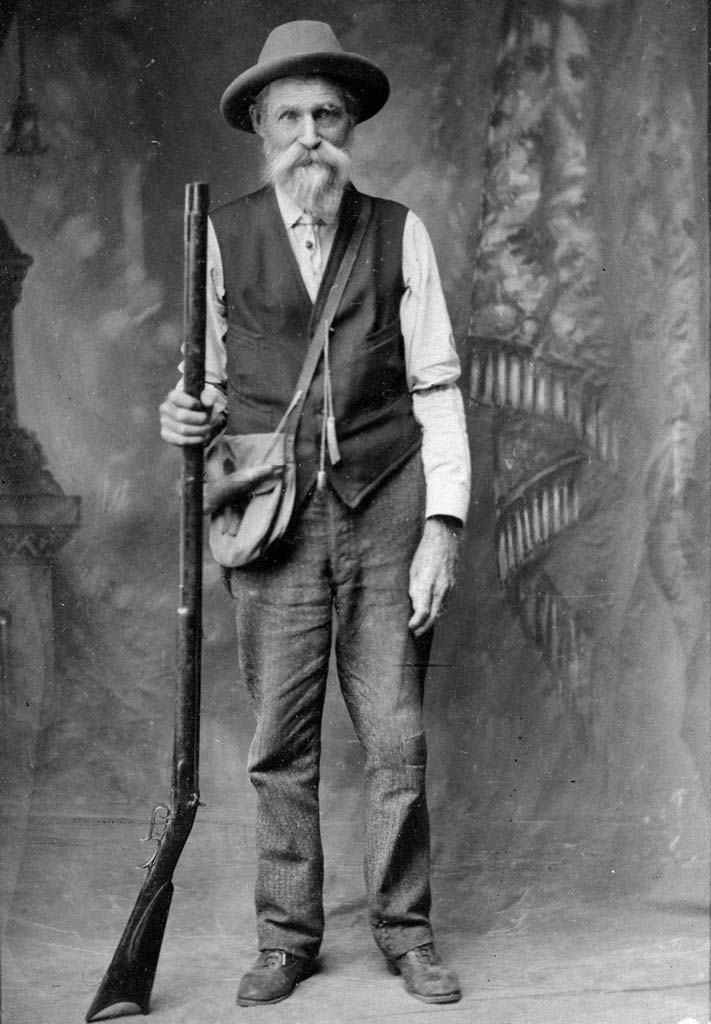
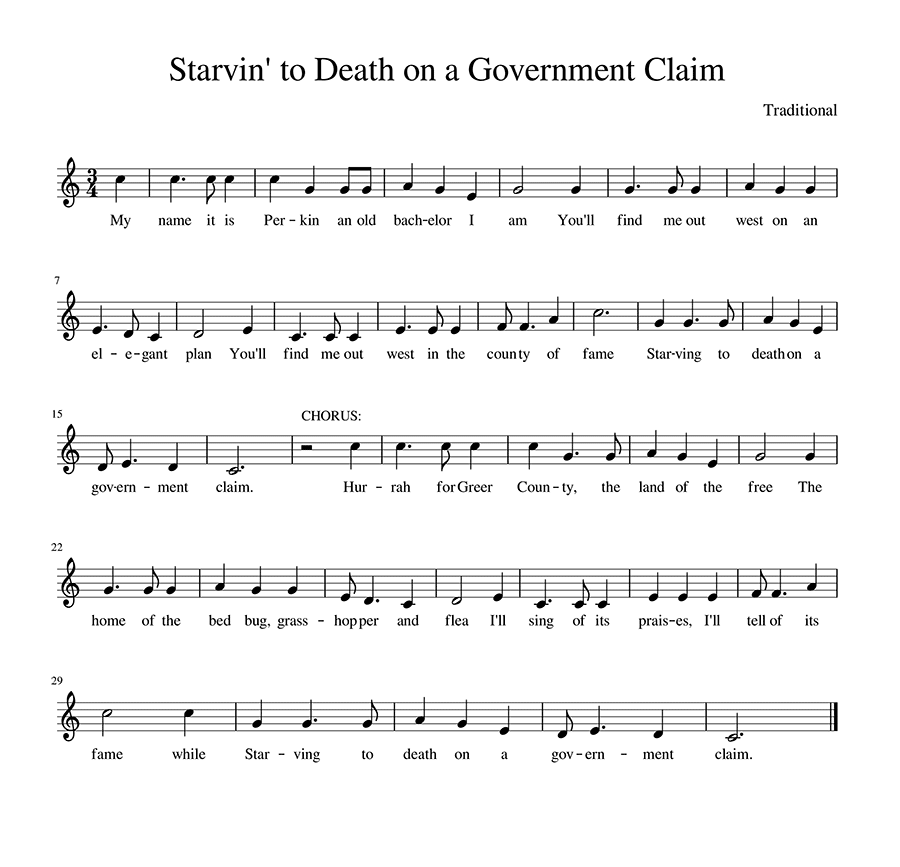
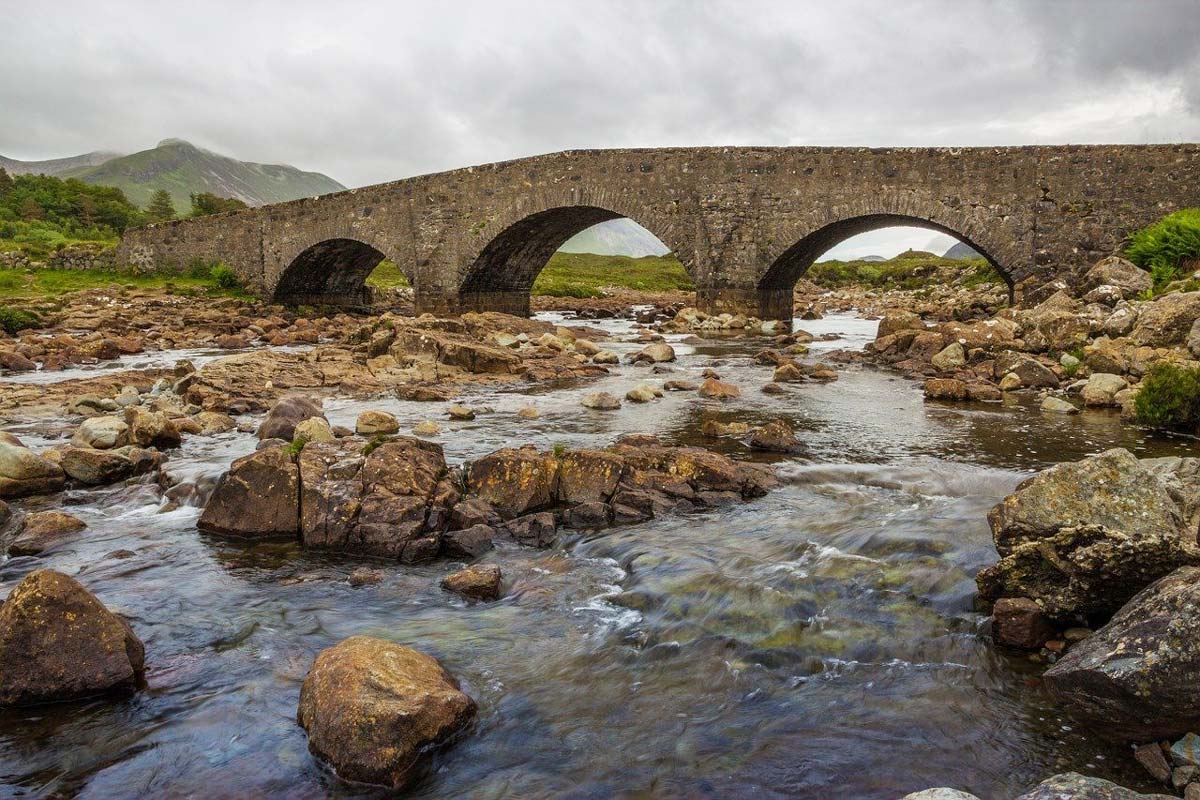
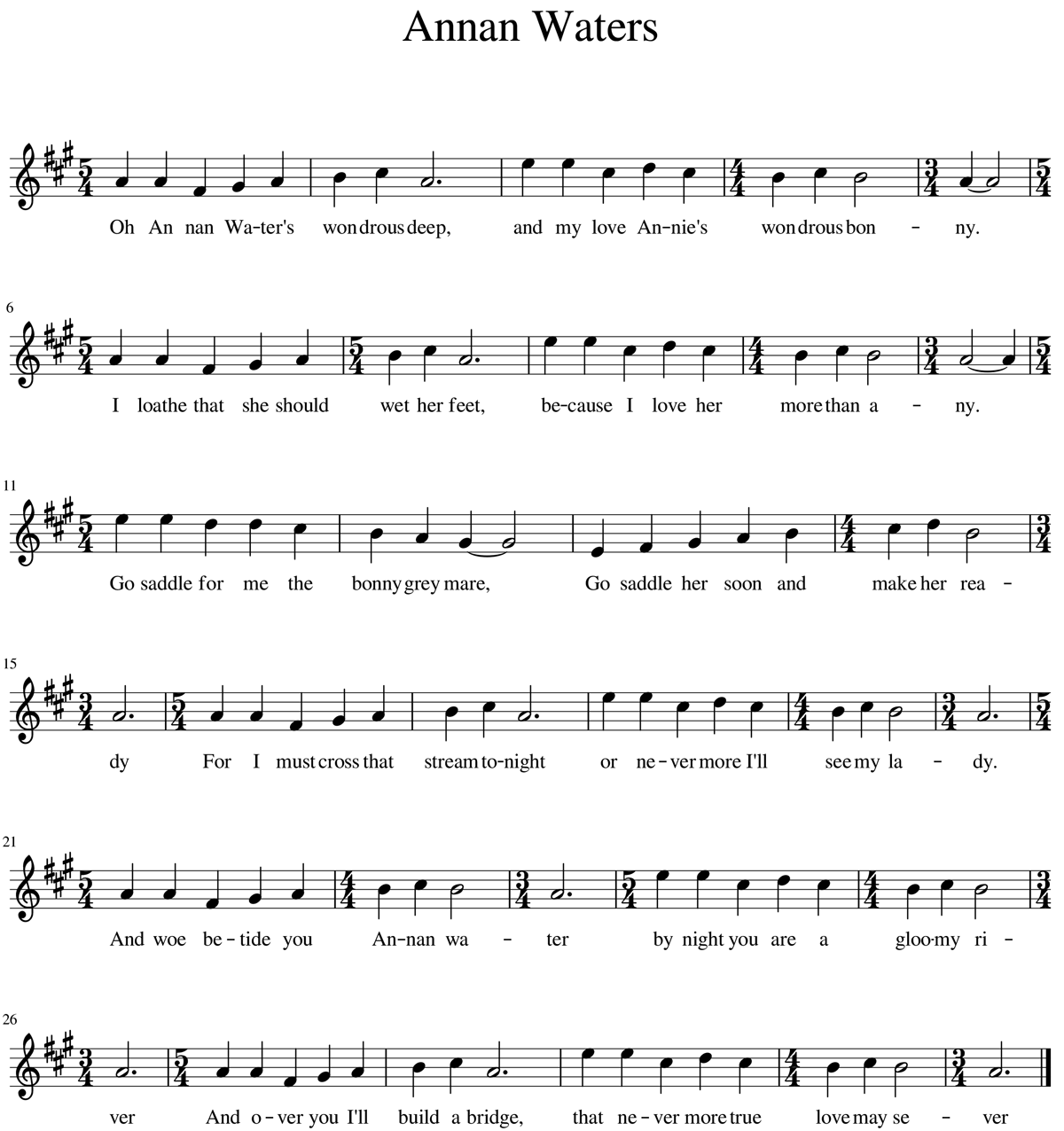
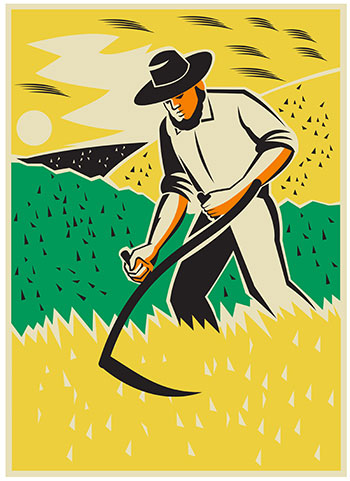
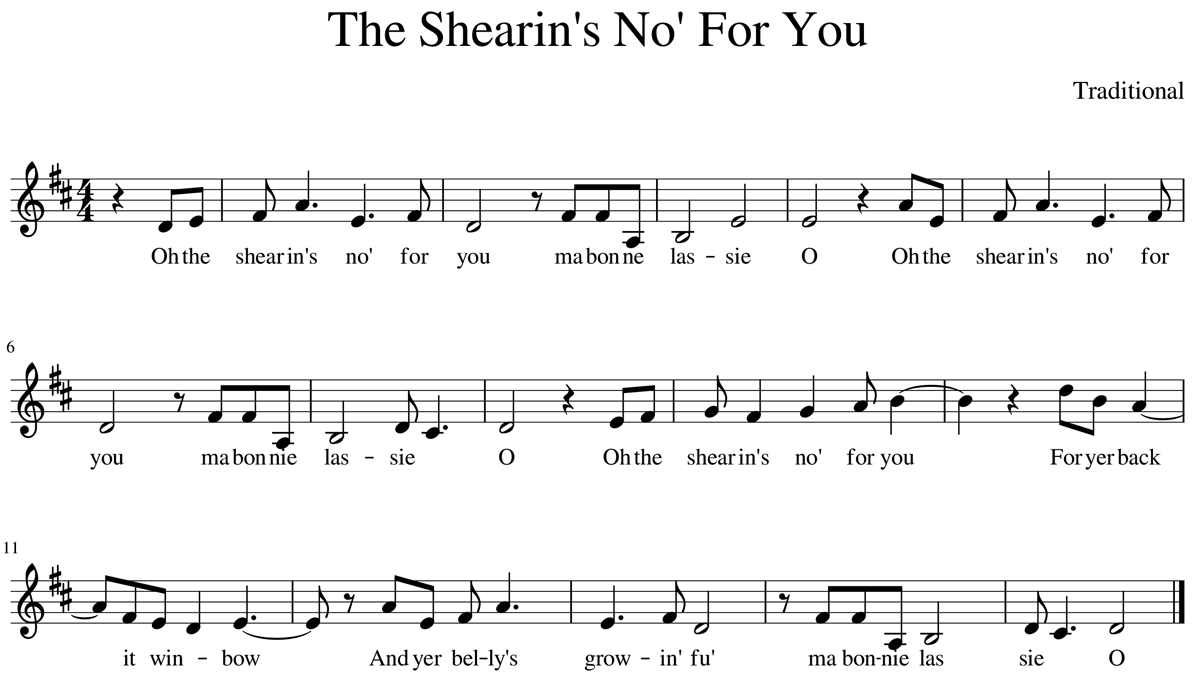
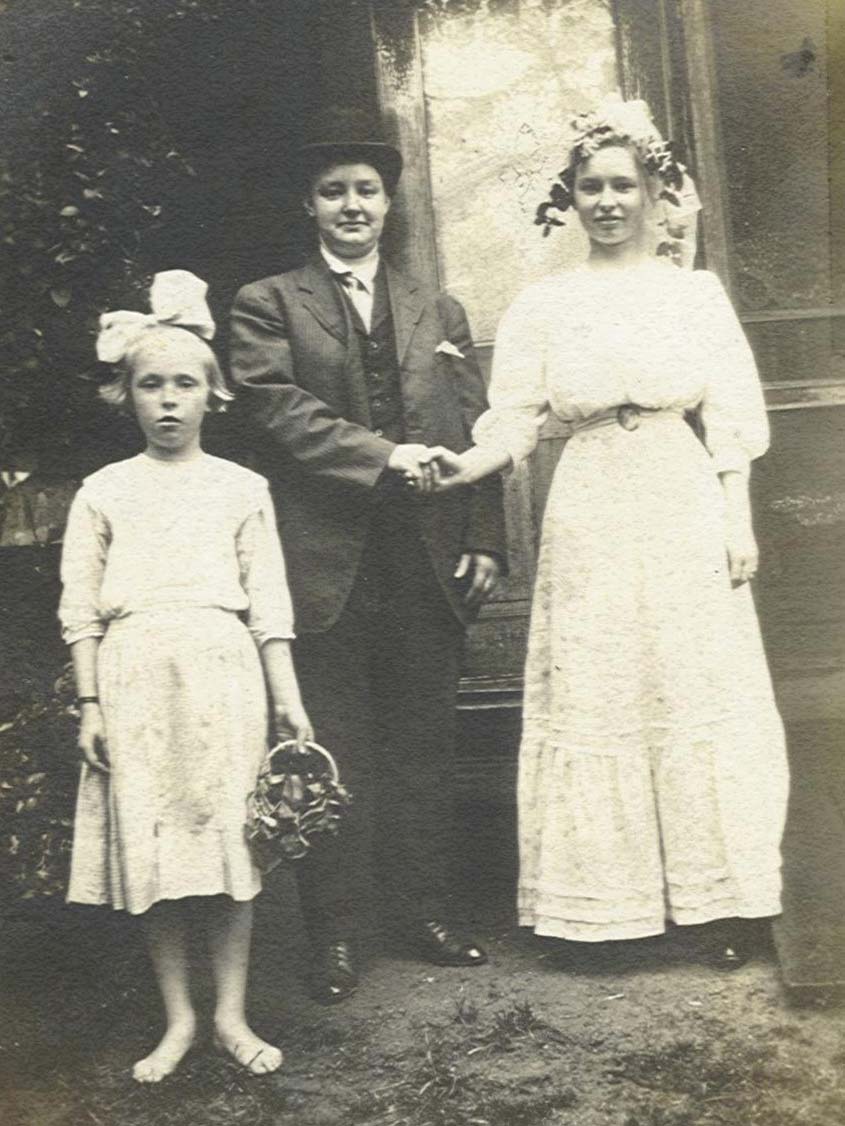
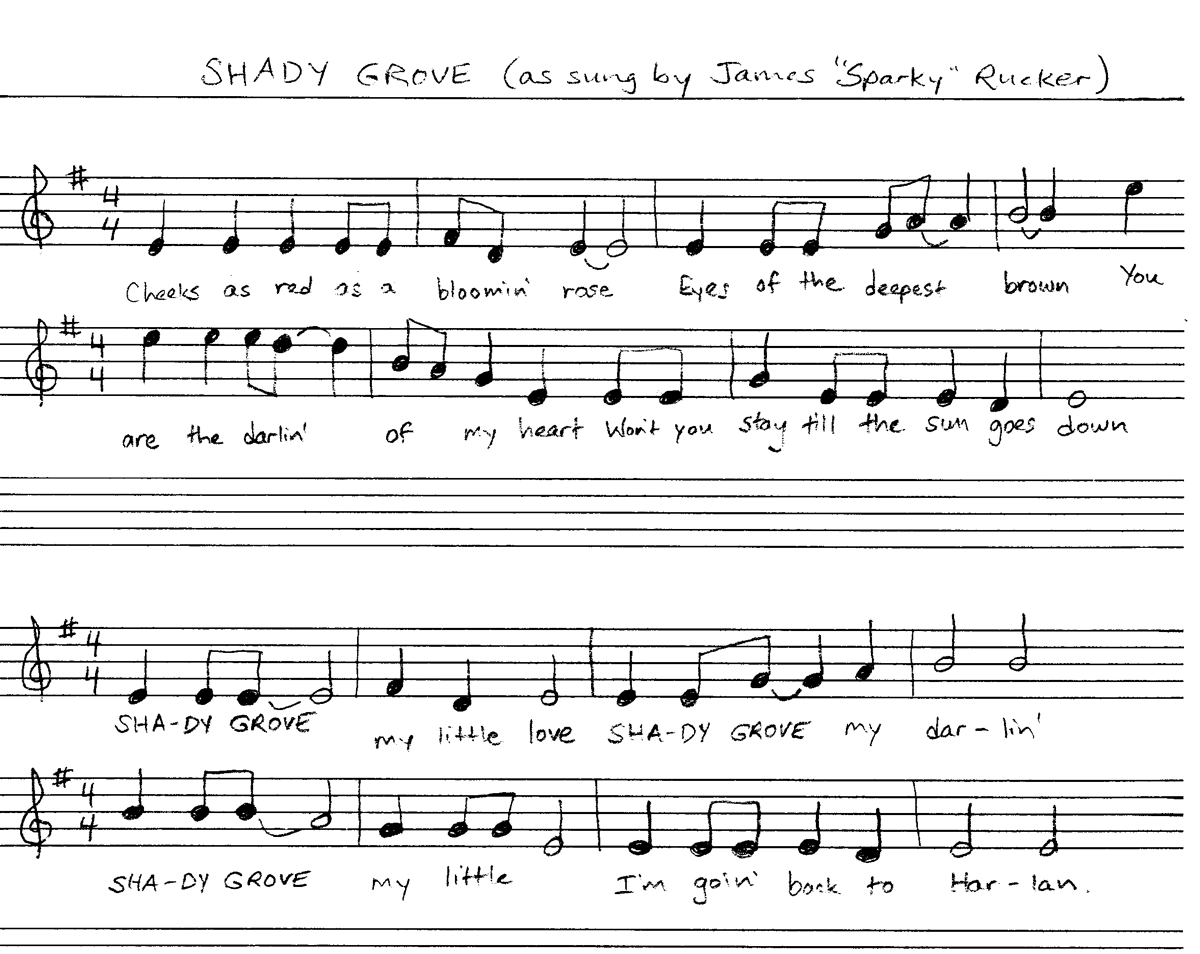
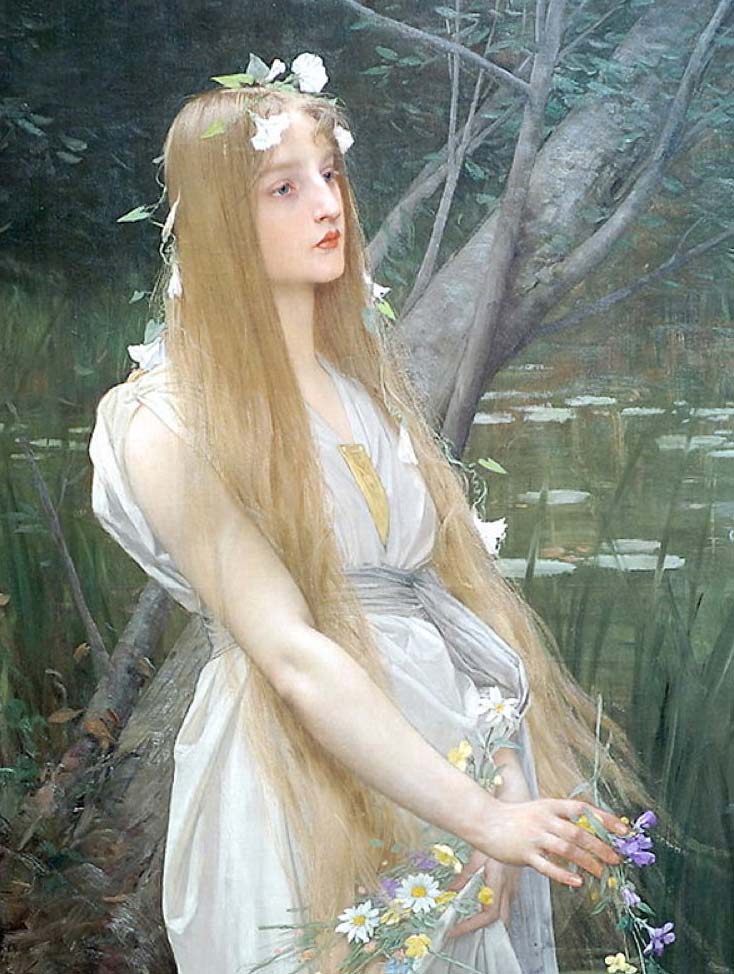
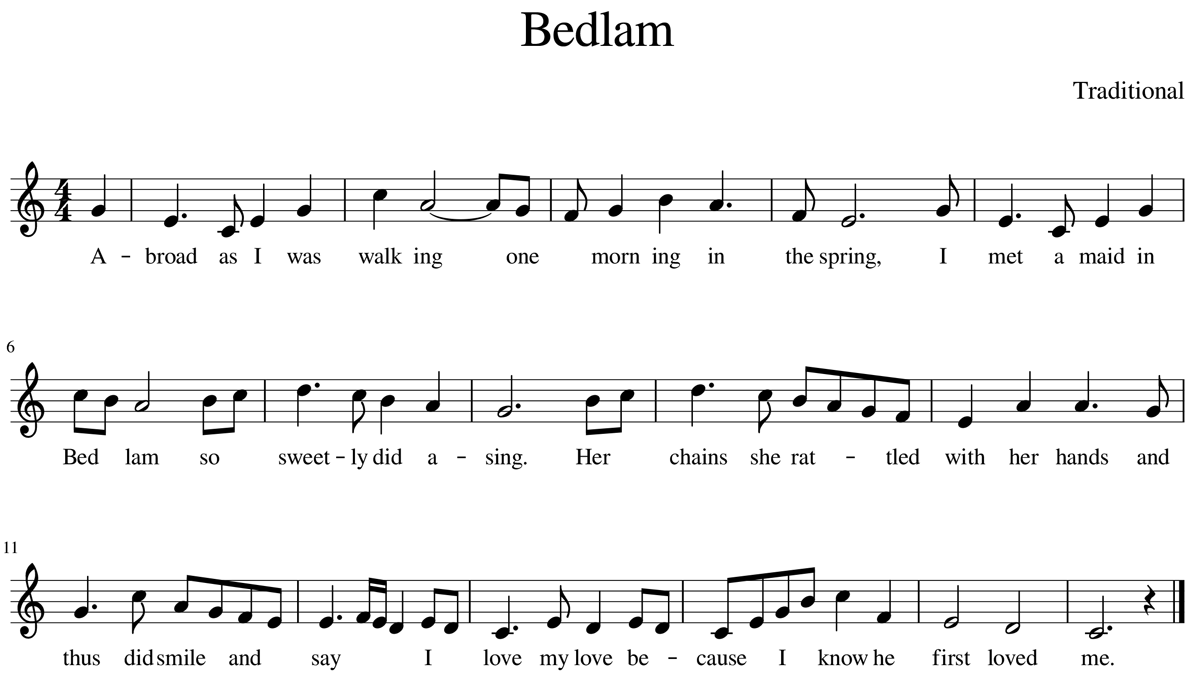

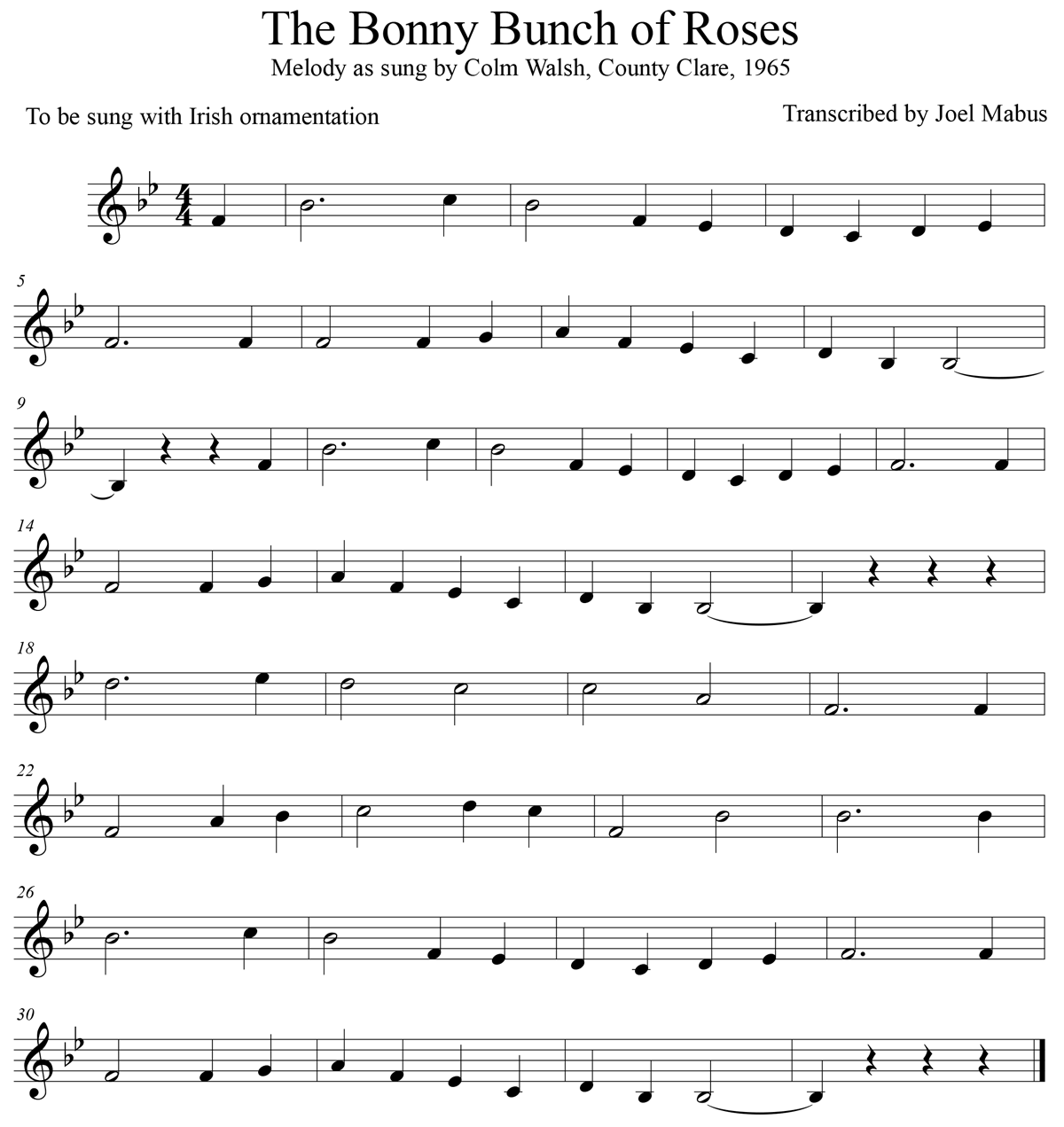
 Thanks to the Massachusetts Cultural Council for their generous support.
Thanks to the Massachusetts Cultural Council for their generous support.